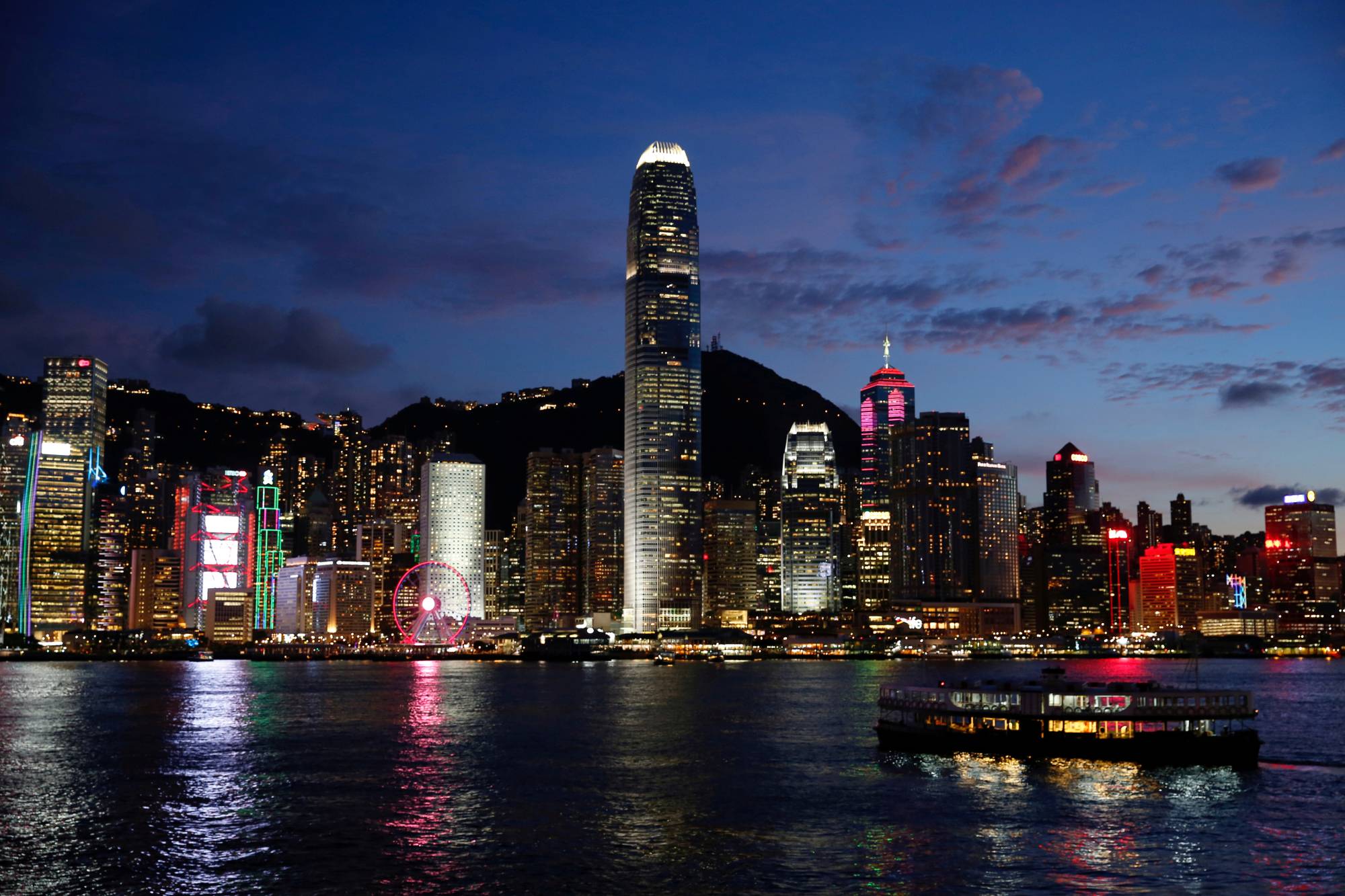When China passed its new Hong Kong security law on June 30, officials said it would only affect "extremely few criminals.” Less than two weeks later, it’s clear Beijing is trying to wipe away signs of the city’s protest movement from the streets.
The law uses vague language to ban subversion, secession, terrorism and collusion with foreign forces, with sentences as long as life in prison. The government has since issued statements that threaten to outlaw a range of political activity and give police broad surveillance powers that are spooking tech companies, banks, democracy activists and expats — some of whom are wondering whether they’ll even stay.
"The law has had an immediate, and deep, impact on the city,” said Antony Dapiran, a Hong Kong-based lawyer and author of "City on Fire: The Fight for Hong Kong.” "Many ordinary activities that were perfectly legal before — chanting political slogans or waving banners, borrowing political books from libraries, school students being politically engaged — have overnight become forbidden. Even at a visual level the streetscape has changed.”



















With your current subscription plan you can comment on stories. However, before writing your first comment, please create a display name in the Profile section of your subscriber account page.